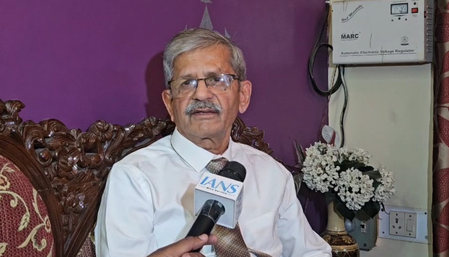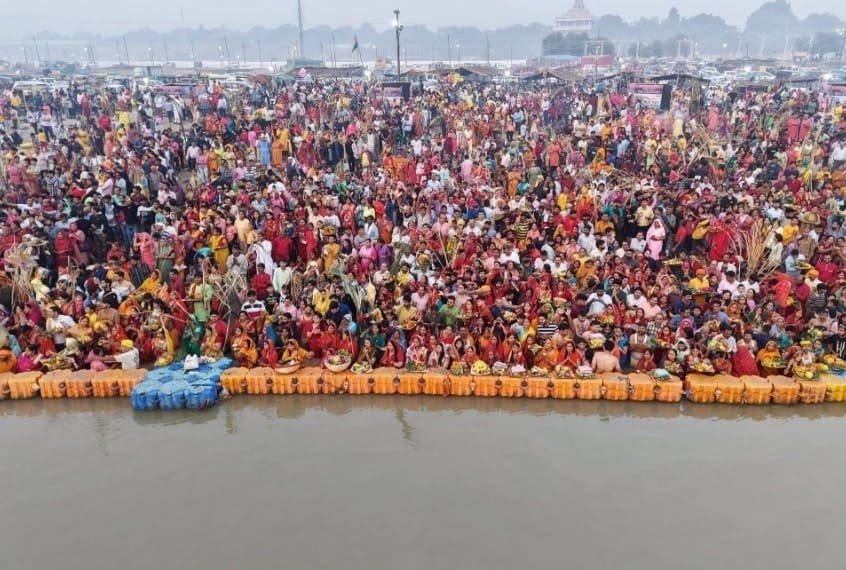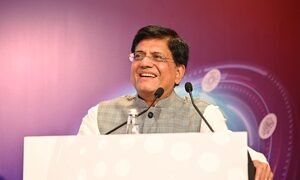
Lucknow, April 23 (IANS) Reacting to AIMIM president Asaduddin Owaisi’s remarks on the Pahalgam terror attack, Ex-Colonel Anoop Singh on Wednesday criticised the political leader for blaming intelligence agencies and said such comments are often made to serve political agendas.
Owaisi had described the attack — which claimed the lives of 26 civilians — as more painful and condemnable than the incidents in Uri and Pulwama. He held the Narendra Modi government accountable, calling it a major intelligence failure.
In response, Anoop Singh told IANS, “It’s easy for political leaders to question intelligence agencies. They often make such statements to serve their own political interests, without understanding the challenges faced by our forces.”
He added, “It’s not right to comment on intelligence without full knowledge. These agencies work in extremely difficult conditions. It’s wrong to immediately blame them or the government. The focus should be on unity and support, not finger-pointing.”
Calling the incident a national tragedy, Singh said, “It’s a massive loss, especially for the families of the victims. It’s emotionally devastating for them, the J&K government, and the security forces. What matters now is how we respond. As an Army officer, I refrain from making communal remarks — we’re trained to rise above such divisions.”
Expressing faith in the nation’s resilience, Singh said, “India is a diverse country, strong in its unity. Be it music, language, or culture, we stand together. What happened in Pahalgam is heartbreaking, and the entire country feels that pain.”
Responding to questions about peace in Jammu and Kashmir post-Article 370, he said, “Look at the tourism numbers and the elections held since then. The situation is being handled well, and people have trust in the government. That, in itself, is proof of progress and peace.”
Meanwhile, security forces have identified three suspects — Asif Fuji, Suleman Shah, and Abu Talha — believed to be affiliated with The Resistance Front (TRF), an offshoot of the banned Lashkar-e-Taiba. The attackers were reportedly Pakistani nationals, aided by locals. They used military-grade weapons, body cameras, and advanced communications gear.
Digital footprints traced to Muzaffarabad and Karachi further suggest cross-border involvement. A massive anti-terror operation is underway, with helicopters deployed to locate the perpetrators hiding in the surrounding forests.
–IANS
jk/skp






